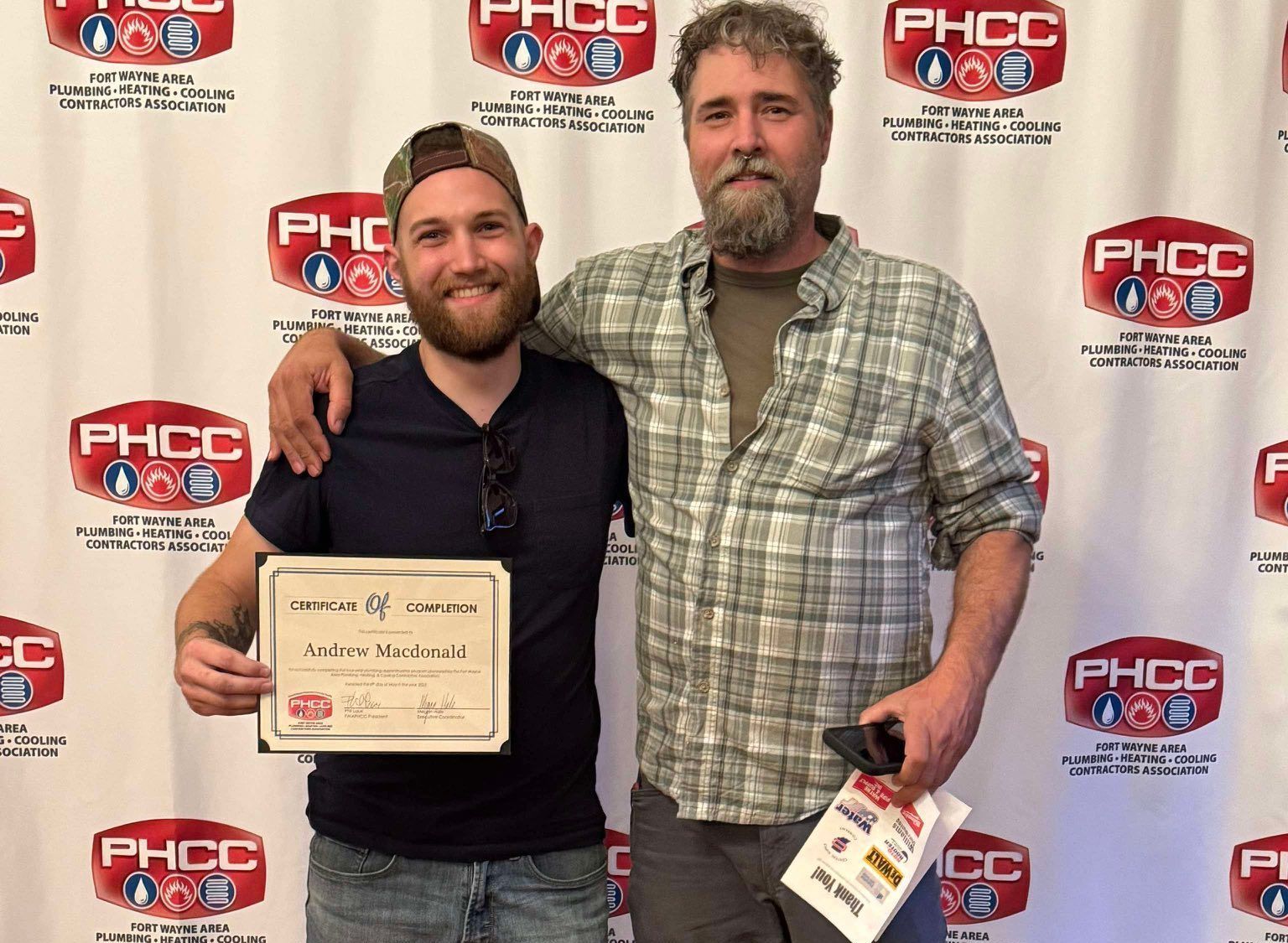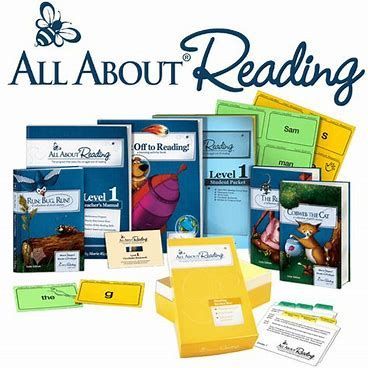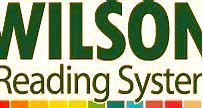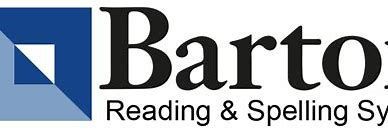Dyslexia Homeschool Help
My child is really struggling to learn to read. Could she be dyslexic? What do I do?
We'll start with the end in mind and work backwards - because you need the encouragement.

Dyslexia Success Stories
Grace in the Grit: A Dyslexic Teen's Path to the Trades
I’m THRILLED to proclaim from the rooftops, my son has officially graduated from plumbing school!! I’m beyond proud of the incredible effort, dedication and determination he’s poured into his trade!! He’s a great plumber and an incredible man!
ADD and dyslexia only taught him to work hard, and while we made accommodations and extra effort, we didn’t make exceptions for what some considered “disabilities”. The word was never spoken in our house.  Making sure to put him in a position to experience success in his academics, was one of the best things I did to prepare him for adulthood.
However, all the hard work and true success - that’s all him! Read more
Do you have a story to contribute? Submit one below.
Stories from the Front
How Do I Tell My Child He’s Dyslexic?
Dyslexia doesn’t define who YOU ARE – fortitude, a positive attitude, and perseverance do. Read more

Dyslexia Therapy in Homeschool
The Orton-Gillingham approach is highly respected and often considered the gold standard for teaching children with dyslexia in the USA. However, access to formal training and certification can be costly and time-intensive, often requiring advanced degrees or specialized coursework. This can make it challenging for the average homeschooling parent to fully access or implement the method. Making more of this information publicly available—especially in simplified, practical formats—would empower homeschool families to better support their children’s learning, regardless of their financial or professional background.
For those who can afford it, professional dyslexia therapy is always the #1 recommendation. In the US that is from an OG-Certified Dyslexia Therapist. In the UK, dyslexia support and therapy can be available for free or at low cost in the UK, though access and quality may vary depending on your location and circumstances.
For families who cannot afford formal dyslexia therapy, there are still effective options available—Although at home therapy programs do not require a professional or educational background to implement, oftentimes getting training in them is incredibly helpful. Several evidence-based programs and resources can be used successfully at home, as long as the most critical ingredient is present: consistency. Regardless of the number of days per week—three, four, or five—the key is to engage in therapy and review regularly and without long breaks. Even a week or 3 days may be too long. Steady, daily reinforcement helps rewire the brain’s reading pathways, and progress is built through repetition and persistence. With commitment and patience, meaningful gains can be made at home.
The second most important component of successful at-home dyslexia therapy is
maintaining a positive and encouraging atmosphere. Children with dyslexia often already feel like they’re falling behind, and it's crucial that they don’t sense judgment or disappointment from you. Your focus must shift away from measuring success by what hasn’t been achieved, and instead, celebrate every small step forward—no matter how minor it may seem. These incremental wins are meaningful. You're running a marathon at a turtle’s pace, and the goal is steady, consistent movement, not dramatic leaps. By reinforcing effort and persistence, you help your child build confidence and resilience for the long journey ahead.
What is Dyslexia?
Dyslexia is a specific learning difference that primarily affects a person’s ability to read, spell, write, and sometimes speak. It is neurological in origin, meaning it stems from the way the brain processes language.
Key Characteristics
- Difficulty with accurate and/or fluent word recognition
- Poor spelling and decoding (sounding out words)
- Reading that is slow and effortful
- Challenges with phonological processing (the ability to hear and manipulate sounds in words)
Important Points
- Intelligence is not affected. People with dyslexia often have average to above-average intelligence.
- It is lifelong, but with the right support, individuals can become successful readers and learners.
- It tends to run in families, suggesting a genetic component.
- It is not caused by vision problems, lack of education, or laziness.
Strengths Often Associated with Dyslexia
- Strong problem-solving skills
- Creative or artistic abilities
- Big-picture thinking and innovation
- Good verbal comprehension and storytelling
Diagnosis and Support
- Diagnosed through comprehensive educational and psychological evaluations
- Supports include structured literacy instruction, multisensory approaches (e.g., Orton-Gillingham in the US, variety of approaches in the UK), accommodations (like audiobooks or extra time), and individualized education plans (IEPs) or 504 plans in school settings or for homeschoolers wanting to get help from the schools. Depending on your school system, this can be a difficult road to navigate. HOORAY for those that have an easier path!
Diagnosing Dyslexia
In both the UK and US a diagnosis requires a professional. For an eager homeschool parent, the expense and wait aren't always possible. Here is an assessment tool to indicate dyslexia. Whether or not your student has a formal diagnosis of dyslexia, the same proven techniques and teaching methods can help. Often, struggling readers—whether they need intensive intervention or just a few effective tools—benefit from the very same strategies.
Print this FREE 13 page tool and use it like a game with rewards. Remember: don't make a face or say anything about wrong answers.
Reward right answers with applause.
What specific parts of reading is your student having problems with? Print & do the screener together. Score for your own information only.
FREE Homeschool Dyslexia Resources
There are a variety of differences in the US vs. UK approach to dyslexia. We advocate a mix of approaches so you have many tools in your toolbelt to reach your learner.
While Orton-Gillingham is the "gold-standard" in the US, it is less well-known in the UK. The UK uses similar principles echoed in the UK's emphasis on multisensory and phonics-based instruction, but the UK has a variety of methods not popularly known in the US. A greater proportion of support is publicly funded or charity-supported in the UK, and there is less reliance on branded, expensive intervention programs. This makes a number of effective dyslexia supports more accessible, though access still varies by location and local authority priorities.
Correct Way to Pronounce Letter Sounds so your struggling reader doesn't have to "unlearn" the added vowel sounds.
Tell, Show & Feel Their Mistakes instead of telling them the right word. Remember: this is emotion and frustration neutral or positive for you - judgement free zone.
"Tapping it out" Technique
This may be too big of movements for some kids and they can tap each finger, always left to right no matter which hand they use.
"Penciling" Technique
Be prepared, this will be taught slowly over a long period of time.
Developing Oral Language
to improve comprehension
Tips that may help
b & d reversals
Remember: say "b" not "buh"
Blending Sounds for Words
OG method is only syllables
Games
Make White Space so they don't get overwhelmed.
Dyslexia in the USA 🇺🇸
Reading & Literacy Support
Dyslexia Help at the University of Michigan
- Offers parent guides, strategies for instruction, and explanations about dyslexia.
The Yale Center for Dyslexia & Creativity
- Research-based information, advocacy tips, and educational supports for parents and educators.
Understood.org
- Excellent for practical tools, personalized resources, and community support for learning differences.
Tools & Assistive Technology
Bookshare (Free for U.S. students with documented disabilities)
bookshare.org
Free access to a massive library of audiobooks and accessible eBooks.
NaturalReader (Free version available)
naturalreaders.com
Text-to-speech tool that can help with reading comprehension and fluency.
Voice Dream Reader (Lite version available for iOS)
voicedream.com
A popular app for listening to written content; very dyslexia-friendly.
Phonics & Structured Literacy
The Measured Mom – Free Phonics Resources
themeasuredmom.com
Free printable phonics activities based on research-supported methods.
All About Learning Press – Dyslexia Resources
allaboutlearningpress.com/dyslexia-resources
Articles, checklists, and free downloads tailored for dyslexic learners.
Parent Support & Homeschooling Tips
Homeschooling With Dyslexia
homeschoolingwithdyslexia.com
Run by a mom of 8 (7 with dyslexia!), this site offers free guides, printables, and encouragement. Great for Christian homeschoolers.
WrightsLaw
wrightslaw.com
Focused on special education law and advocacy, great for IEP/504 planning even for homeschoolers.
Neurodiversity & Executive Function
ADDitude Magazine – Free Downloads
additudemag.com
While ADHD-focused, they provide excellent executive function and organizational tools that also help dyslexic learners.
LD Online
ldonline.org
A well-established site with expert articles on a wide range of learning differences.
Dyslexia in the UK 🇬🇧
National Support & Information
British Dyslexia Association (BDA)
- A leading UK charity supporting dyslexic individuals.
- Offers free fact sheets, downloadable guides, webinar recordings, and helplines.
- Check their Parent Helpline and Dyslexia Friendly Schools resources.
Nessy (UK-based with some free resources)
- Though mostly paid, Nessy offers
free games, worksheets, and videos about dyslexia awareness.
- Their "Dyslexia Explained" eBook is completely free and very parent-friendly.
Learning Support & Strategies
Twinkl – SEND & Dyslexia Resources
twinkl.co.uk/resources/send/send-dyslexia
- Thousands of printable resources, including structured literacy and multi-sensory support tools.
- Offers a free basic account, and often runs free trials or free bundles.
BBC Bitesize
- Completely free. Covers KS1–KS4 subjects using videos, quizzes, and simplified language.
- Ideal for dyslexic learners who need audio/visual aids and short chunks of information.
Call Scotland – Assistive Technology Advice
- A Scottish service offering free webinars, downloadable guides, and toolkits for using technology to support learning needs.
- Check out their "Wheel of Apps for Learners with Dyslexia".
Audiobooks & Literacy Alternatives
RNIB Bookshare UK Education Collection (For print-disabled learners)
- UK version of Bookshare. Schools or families with SEND learners can request free access to audio and large print books.
Listening Books
- A charity providing free audiobook memberships for those with dyslexia or other reading impairments. Apply via their website under the free membership scheme.
Homeschool-Specific Advice
Education Otherwise – Home Education Support
- UK charity supporting home educators.
- Offers free guidance on deregistration, education law, and providing appropriate learning for SEND children.
Home Education UK
- Articles and advice on how to legally homeschool in the UK, including for children with special needs or EHCPs.
IPSEA – Special Educational Needs Advice
- Free legal advice for families with SEND children in England.
- Helpful for understanding EHCPs, Local Authority responsibilities, and your rights as a home educator.
Share, Connect, Inspire
We’d love to hear from you! Whether you have a helpful free resource, a personal success story, or a tip that’s made a difference in your homeschool journey with dyslexia, please reach out. Your experience could offer encouragement and support to another family on a similar path.







